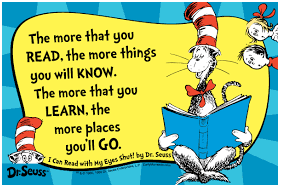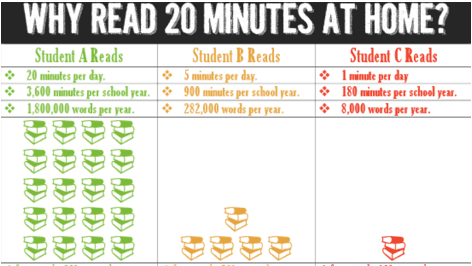Reading at Mercenfeld
At Mercenfeld we believe that all pupils should have the opportunity to be fluent, confident readers who are able to successfully comprehend and understand a wide range of texts. With these texts, children develop their comprehension skills and have access to a richer vocabulary. We want pupils to develop a love of reading and a good knowledge of a range of authors. By the end of their time at primary school, all children should be able to read fluently, and with confidence in any subject. We do not put ceilings on what pupils can achieve in reading and we do not hold pre-conceptions about any pupils’ ability to make progress. We understand the importance of parents and carers in supporting their children to develop both word reading and comprehension skills, and so we want to encourage a home-school partnership, which enables parents and carers to understand how to enhance the skills being taught in school through good quality texts.


